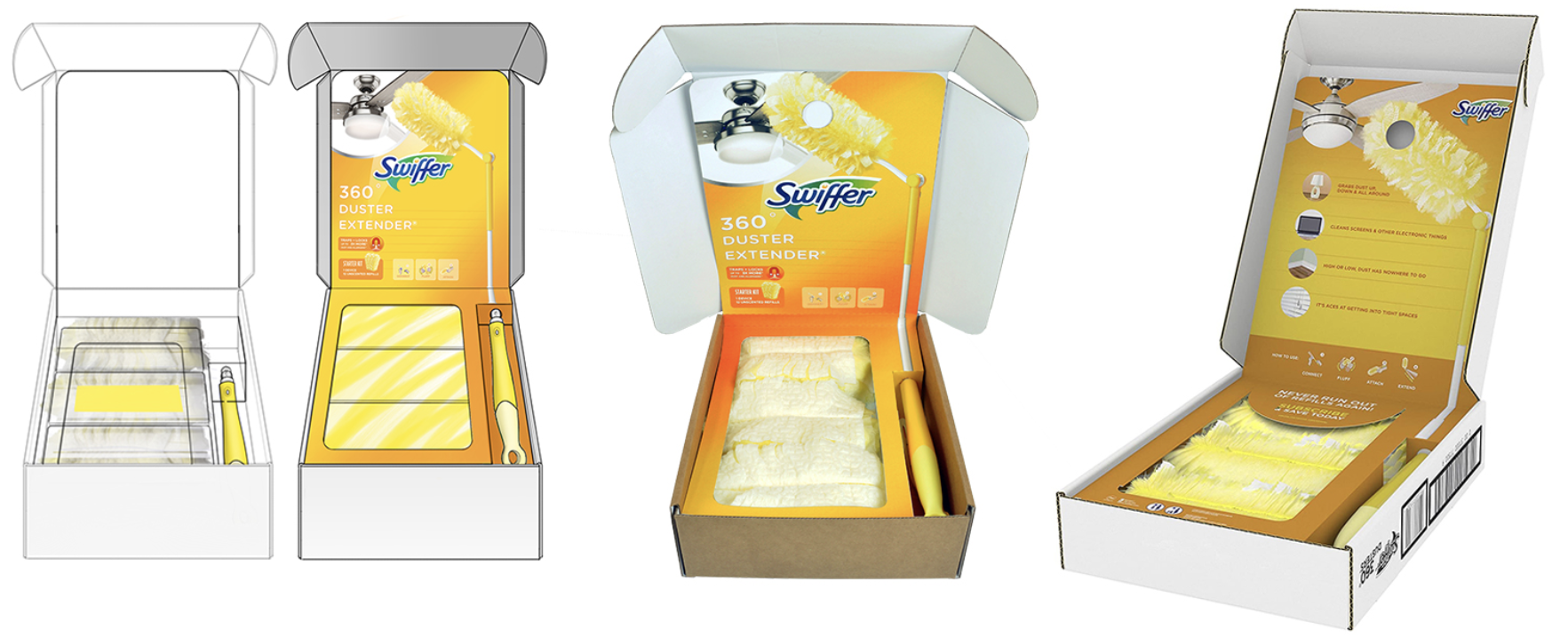To be clear, the retail space is always changing and evolving, especially if you are in the hardware startups category. Competition, new technology, and changing consumer behavior are just some of the reasons. Being successful in leveraging the scaling power of retail requires (and has always required) a lot of effort and thorough understanding of all dynamic parts. A retail startup that wants to break into the retail market and grow will need to do so through Strategy Development and planning, ensuring that they are able to match the changing tide of competition, technology, and consumer behavior.

With the prevalence of crowdfunding making it easier to “leanly” get a product idea off the ground also came an explosion of product incubators, accelerators, investing programs, and other organizations like Amazon Launchpad as well as the startup programs from the larger retailers themselves. These help hardware startups “get some legs”, find their direction, acquire early-stage funds needed to continue along the path of production and product development, structure internal processes, and ultimately set the stage to build-out sales/marketing efforts. If you are interested in setting up your own store, you might be interested in something like shopfittingsdirect.com.au/product-category/shop-fitting-systems/slatwall-display-gondola-stands/ to get your shelving needs.
What’s after that? As you can imagine, most turn towards retail and distribution efforts once they’ve seen enough Amazon sales, market interest, or receive enough investor funding to do so. But it’s this stage where many hardware startups fall flat…
Changes in the Landscape: Retail Buyer Perspective
Due to the reasons above, more and more innovative products are being developed. Retailers are increasingly seeking new ways to filter out the products that will drive significant revenue growth and avoid the ones that will ultimately be a drain on their time and money – particularly with startups.
It is also no secret that hardware and technology are totally changing the ways that retail stores do business. For example, stores can now use cloud-based pos hardware to streamline the purchasing process for both customers and business owners. Operating a retail store calls for a range of administrative, management, and marketing skills, and having an efficient point of sale (POS) system can go a long way in making sure that all operations are running smoothly. This is where, with careful planning, hardware can come into its element.
Another good, recent example is the smart home category. While it may still be considered a hot category by some, retailers have experienced a myriad of challenges. And as with many retailer challenges… it comes down to understanding the consumer demand (or not).
Finding the right products at the right time has always been one of the main concerns for retail buyers, and startups are rarely ready for the demands of retail. As a young product company, there’s a lot to be done to be prepared both for consumers as well as potential retail buyers who see hundreds of crowdfunded, promising products fail every year.
Misconceptions of Retail:
Here are some of the main misconceptions I see when talking to hardware startups, especially those who consist mostly of engineers, developers, or designers…
- Underestimating the amount of preparation needed to be 100% ready to talk to retailers or distributors
- You don’t get a second chance to make a first impression. Having a buyer presentation decks, knowing the retail process, post-sales support processes, return policies, understanding potential fees, and so much more is expected before you have your first meeting.
2. Trying to pitch large big box retailers before establishing a sales history with smaller channels, testing the supply chain, and making changes internally or with the product
- The temptation to go after big box channels (particularly offline) can be a very risky strategy due to one-sided contracts and tough expectations, and in many cases big box buyers are looking for a strong sales history and reliability before they take a chance on you. Starting with “low-hanging fruit” like select distributors, online retailers, or specialty retailers is usually a more risk-balance means of establishing a financial foundation in retail.
3. Relying too heavily on sales reps (sell-in) for revenue growth and paying too little heed for what retail buyers care about (i.e. sell-through and effective channel management capabilities).
- Having relationships and connections through sales reps or agencies can be a big advantage; however, at the end of the day your retail buyers don’t care whether they’re buying 10,000 units or 1,000,000 units. It all depends on the level of sell-through they can expect as well as your reliability as a vendor to maintain communications, inventory, and support. Plus finding the right sales reps can be tough for someone without prior retail experience. In many ways there’s also a “chicken or the egg” challenge growing retail sales channels (i.e. retailers don’t always want to be the first to take a chance).
What Does All This Mean?

The moral of the story is that the competition for new products in retail has never been fiercer particularly for the CE hardware space. Separating yourself in terms of scaling revenue in retail involves more than the features and benefits of your product. Knowing the ins-and-outs of retail, how buyers make decisions, and how to last long-term is a demanding task.
Who better to help you with all the preparation and execution tasks in retail than a former large-chain retail buyer? Here at Retailbound, we’ve dedicated ourselves to providing affordable solutions for hardware startups who need to develop a complete retail strategy as well as those who need a turn-key team of experts to execute each aspect of that strategy.
If you have an innovative hardware product and you need assistance in getting it marketed to retail, contact Ben at bertl@retailbound.com.



